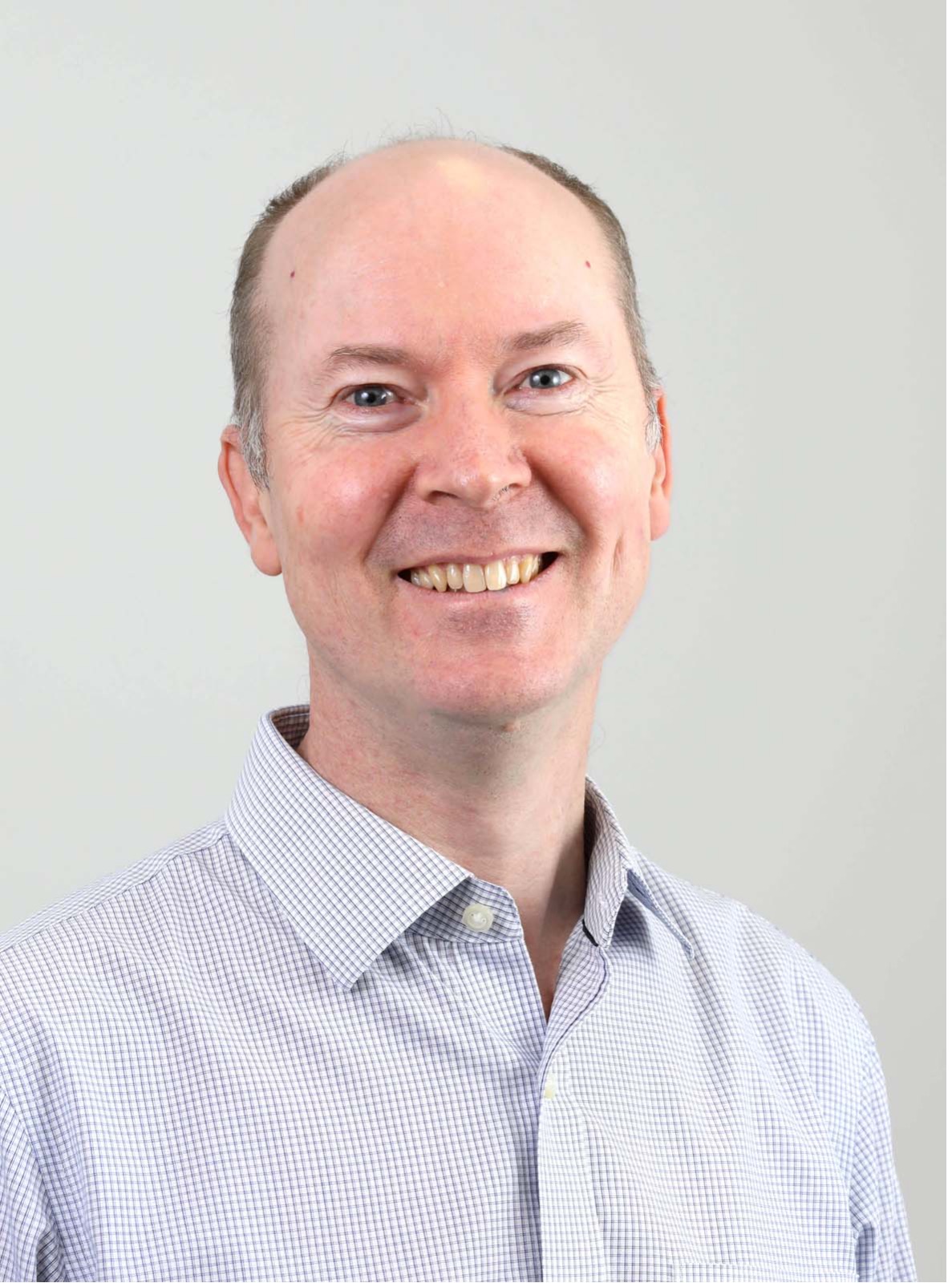
- This event has passed.
Systems or sub-systems biology? Which can best help us understand the cell?
May 26, 2025 @ 1:00 pm – 2:00 pm
Judith and David Coffey Seminar
Prof Marc Wilkins, UNSW
This event was held in person and online.
The promise of systems biology is that the study of a cell, via its components and their interactions, will define and reveal emergent properties of that system. The use of large-scale ‘omics techniques is essential for this, however many such techniques still cannot measure all relevant biomolecules and their interactions. This leaves us with an incomplete and sometimes shallow understanding. This talk will describe our research into two, tractable sub-systems of the cell where we have sought to fully define their components, interactions and aspects of function.
First, I will describe our work to fully define the ‘protein methylation network’ of a eukaryotic cell. Here, we asked is it possible to identify all instances of a post-translational modification in a eukaryote? We also asked, can we prove it? We then asked can we define all enzymes, in this case methytransferases, that are responsible for this modification – and in doing so construct a complete sub-system in the cell. We have been successful in addressing the above, which has allowed a range of emergent properties of this network to be discovered.
Secondly, I will describe our work to understand how two regulatory subsystems in the cell – the signalling system and the histone methylation system – actually connect. In yeast, four enzymes methylate histones and four can demethylate histones. They do so with remarkable precision and dynamism, helping define regions of the genome to be transcribed. We asked are these enzymes phosphorylated, and to what degree? We also asked are phosphosites associated with specific cellular responses; in effect do certain phosphorylation events on the histone methylating enzymes direct them to change chromatin in certain parts of the genome? We additionally asked can we find which kinases are responsible; thus connecting the sensing / signalling system with that of chromatin regulation? This story is less complete than that above, but is compelling!
Subscribe to our seminar mailing list
Find out more about the Statistical Bioinformatics seminar series

Prof Marc Wilkins
Marc is a professor of systems biology and is deputy dean (research and enterprise) in the faculty of science at UNSW. He has had a longstanding interest in understanding cells at a systems level, and finding ways to do that. He defined the concept of the proteome, coined the term, and has directed entities such as the Systems Biology Initiative (SBI) and the Ramaciotti Centre for Genomics (2011-2022). He is currently the UNSW node leader in the MACSYS ARC Centre of Excellence, which has the goal of building mathematical and computational models of whole cells.
Marc has a career output of >280 publications in proteomics, especially concerning protein post-translational modifications, and in genomics, transcriptomics and biological networks. In industry, Prof. Wilkins co-founded two biotechnology companies, both which took products to market and which were ASX-listed. Proteome Systems had a focus on proteomic technology development and its application to biodiscovery. Regeneus (now Cambium Bio) developed cell-based therapies for the treatment of inflammatory conditions.
